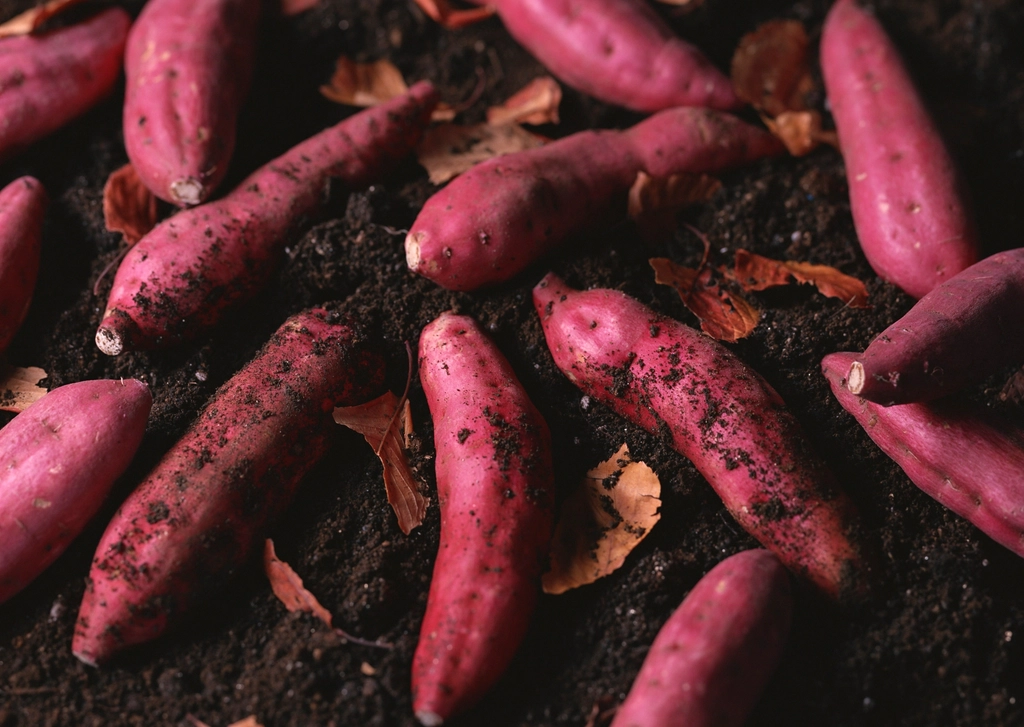Owning a dog is like having a furry family member who fills your life with joy and companionship. Naturally, you want your beloved pet to live a long and healthy life. Just like humans, a dog’s diet plays a crucial role in ensuring their well-being and longevity. With countless food options available, it can be overwhelming to decide what’s best for your canine companion. Let’s explore ten beneficial foods that can enhance your dog’s diet, promoting health and longevity.
Blueberries: Nature’s Antioxidant Powerhouse
Blueberries are more than just a delicious treat; they are packed with antioxidants that can benefit your dog’s health. These small, vibrant berries help combat free radicals, reducing the risk of chronic diseases. Additionally, antioxidants are known to improve cognitive function, meaning they can keep your furry friend sharp and alert as they age. You can mix a handful of blueberries into your dog’s meal or offer them as a standalone snack. Just be sure to wash them thoroughly to remove any pesticides.
Sweet Potatoes: A Wholesome Energy Source

Sweet potatoes are a fantastic source of dietary fiber and essential vitamins. They provide a slow-release energy boost, keeping your dog active and playful throughout the day. Rich in beta-carotene, sweet potatoes support eye health and a strong immune system. They are also easy to digest, making them suitable for dogs with sensitive stomachs. You can serve them boiled, mashed, or even baked into homemade dog treats.
Salmon: A Heart-Healthy Protein
Salmon is an excellent protein source, rich in omega-3 fatty acids that are essential for maintaining a healthy coat and skin. Omega-3s also support heart health and reduce inflammation, which can be particularly beneficial for older dogs suffering from arthritis. Always ensure the salmon is cooked thoroughly and free from bones before serving it to your dog. You can mix cooked salmon with their regular kibble or use it as a topping.
Carrots: Crunchy and Nutritious
Carrots are not only a crunchy delight but also a fantastic source of vitamins A, C, and K. These vitamins are crucial for maintaining good vision, a strong immune system, and healthy bones. The natural crunchiness of carrots also helps clean your dog’s teeth, reducing plaque buildup. You can offer carrots raw as a snack or steam them to enhance their natural sweetness.
Eggs: A Complete Nutritional Package
Eggs are often referred to as a complete protein because they contain all the essential amino acids. They are a great addition to your dog’s diet, providing high-quality protein, vitamins, and minerals. Eggs are particularly beneficial for promoting muscle growth and repairing tissues. You can serve them boiled or scrambled, but avoid adding any seasoning or oils. Always ensure the eggs are fully cooked to prevent the risk of salmonella.
Spinach: A Green Leafy Wonder
Spinach is a nutrient-dense leafy green that can contribute to your dog’s overall health. It is packed with iron, calcium, and vitamin K, all of which are vital for maintaining strong bones and a robust circulatory system. Spinach also contains antioxidants that can help protect against cancer. Chop the leaves finely and mix them into your dog’s meal, or lightly steam them for easier digestion.
Pumpkin: A Digestive Aid
Pumpkin is a fantastic food for dogs, especially if they experience digestive issues. Its high fiber content helps regulate bowel movements and soothe an upset stomach. Pumpkin is also rich in vitamins A and C, supporting vision and immune health. You can mix canned, unsweetened pumpkin into your dog’s food or serve it as a standalone treat. Just be sure to avoid pumpkin pie filling, which contains added sugars and spices.
Apples: A Sweet and Crunchy Treat
Apples are a sweet and crunchy fruit that dogs often love. They are a great source of vitamins A and C, as well as fiber. The natural sweetness of apples can be a delightful treat, but remember to remove the seeds and core, as they can be harmful to dogs. You can slice apples into small pieces and offer them as a snack or mix them into your dog’s meal for added flavor.
Yogurt: A Probiotic Powerhouse

Yogurt is a rich source of probiotics, which are beneficial for maintaining a healthy gut. Probiotics help balance the good bacteria in your dog’s digestive system, supporting overall health. Additionally, yogurt is a good source of calcium and protein. Choose plain, unsweetened yogurt to avoid any added sugars or artificial flavors. You can serve it as a topping for your dog’s meal or mix it with their kibble.
Brown Rice: A Gentle Grain
Brown rice is a wholesome grain that provides energy and supports digestion. It is an excellent source of carbohydrates and contains essential nutrients like magnesium and selenium. Brown rice is gentle on the stomach, making it suitable for dogs with sensitive digestive systems. Cook the rice thoroughly and mix it with your dog’s regular food to add variety and nutrition to their diet.
Incorporating these nutritious foods into your dog’s diet can help ensure they live a long, healthy, and happy life. Remember to introduce new foods gradually and observe any changes in your dog’s health or behavior. Always consult your veterinarian before making significant changes to your pet’s diet. Your furry friend deserves the best, and with these additions, you’re well on your way to providing it.





